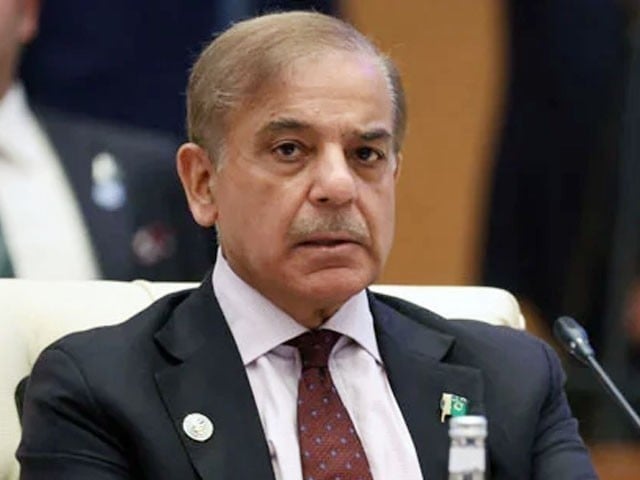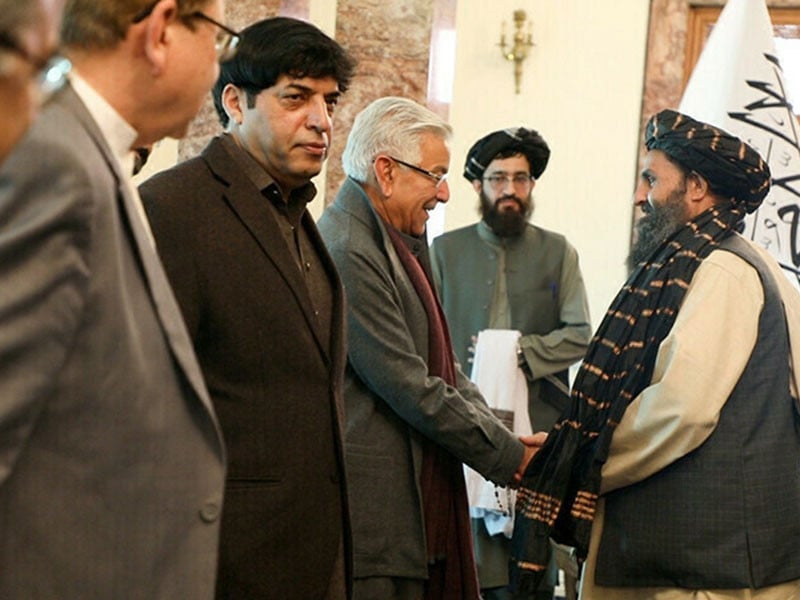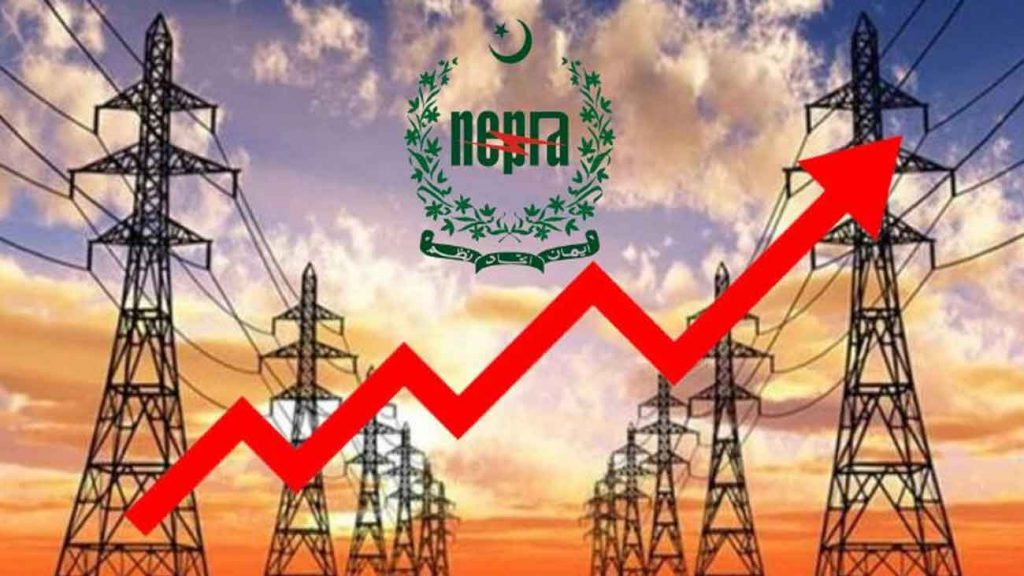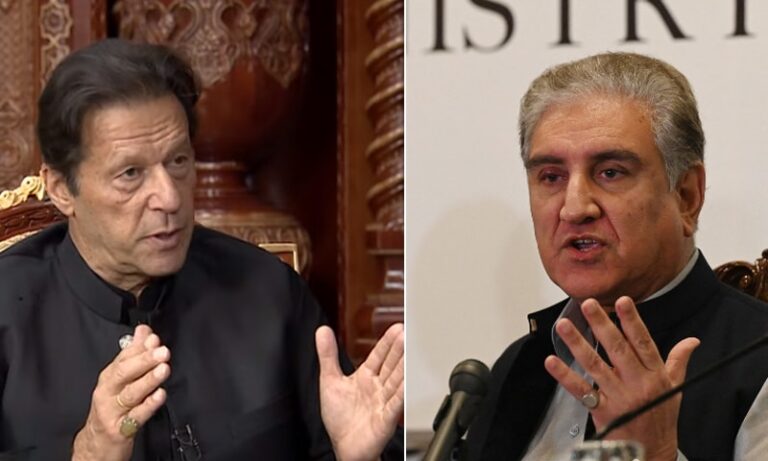Editorial
Shahbaz Sharif, Pakistan’s newly elected Prime Minister, assumes office at a critical juncture. A delicate balance of expectations, controversies, and complex political dynamics marks his tenure. Shahbaz Sharif’s election as Prime Minister was marred by allegations of rigging and irregularities. Political parties, media outlets, and independent observers have raised serious concerns about the electoral process—the credibility of his victory hinges on addressing these allegations transparently and impartially. Failure to do so could undermine his legitimacy and erode public trust.
Sharif’s legitimacy is further complicated by leading a coalition government. The coalition, formed after no single party secured an outright majority, places immense pressure on him to prove his mandate. Navigating this delicate balance while addressing rigging accusations will be a formidable task. Pakistan grapples with soaring inflation rates, significantly affecting the daily lives of citizens. Sharif must address this pressing issue promptly. Implementing effective economic policies to curb inflation and stabilize prices is essential for public welfare. The debt-trapped economy demands urgent attention. Sharif must devise comprehensive strategies to stabilize the economy, attract foreign investments, and create sustainable job opportunities. Structural reforms, fiscal discipline, and prudent financial management are critical components of economic revival.
Pakistan faces chronic energy shortages, disrupting daily life and hindering economic growth. Sharif’s administration must prioritize energy reforms, invest in alternative sources (such as renewable energy), and ensure an uninterrupted power supply. Addressing this crisis is vital for both citizens and industries.
As Prime Minister, Sharif must strike a delicate balance between federal authority and provincial autonomy. Managing relations with provinces, especially Punjab (where he previously served as Chief Minister), will be crucial. Ensuring equitable resource distribution and respecting regional identities are essential for national cohesion.
Pakistan’s diverse ethnic and linguistic landscape presents ongoing challenges. Sharif must foster unity while respecting regional identities. Addressing historical grievances and promoting inclusivity will contribute to stability and social harmony.
Restoring public trust in institutions is paramount. Sharif should focus on strengthening the judiciary, law enforcement agencies, and accountability bodies. Upholding fundamental rights, including freedom of speech, assembly, and due process, is essential for a thriving democracy.
Hence, Shahbaz Sharif’s premiership faces multifaceted challenges. His ability to address rigging allegations, revive the economy, manage energy crises, and promote regional harmony will define his legacy. The path ahead requires astute leadership, transparency, and a steadfast commitment to democratic values.

















































